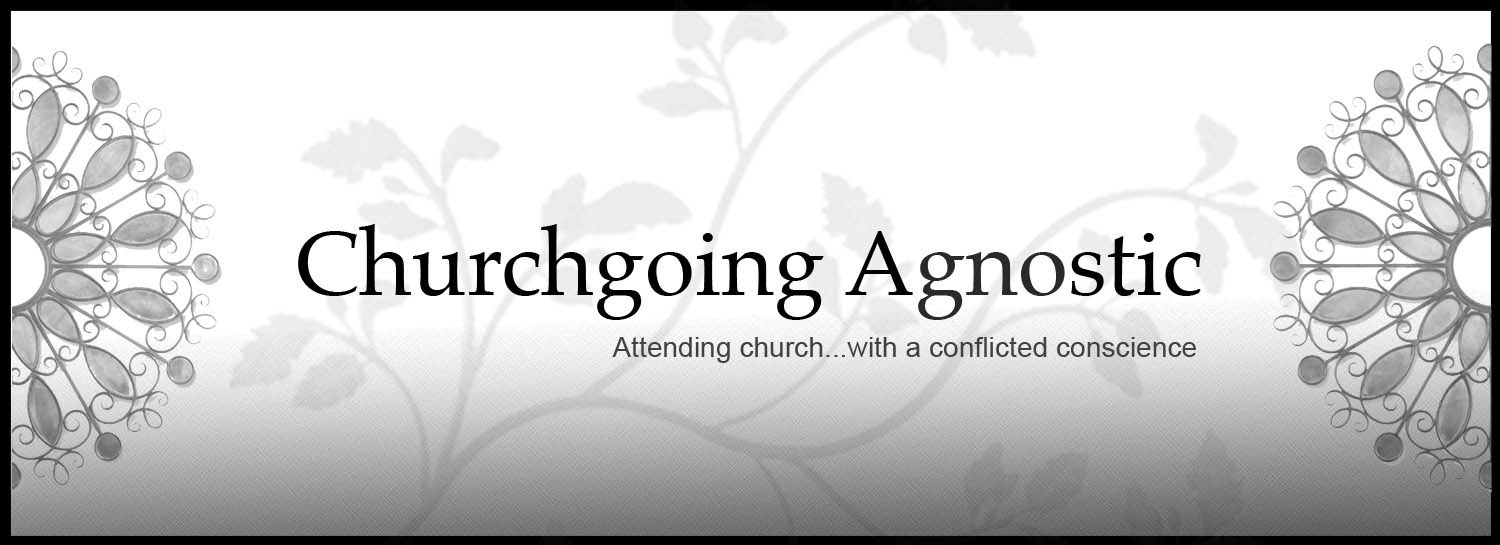THE QUESTION:
“Does it bother you that there is very little evidence that Jesus existed at all? It is quite possible historically he did not, as there are no Roman execution records or contemporary writings confirming his existence. I exclude the Gospels as they appear later sometime after 75 AD… I find the New Testament to be a poor moral compass and that rational thought and reason serve as better tools to solve moral dilemmas.”
MY RESPONSE:
First, I don’t base my moral judgments on what the Bible says. I, too, find many (but not all) of the moral recommendations found therein to be outdated and less than helpful. I see the Bible primarily as a resource, not a revelation. I have often said, the Bible tells me more about the humans who wrote it than the “God” it describes.
Secondly, I have considered the possibility that a historical Jesus may have never existed and, I’d like to think that, at this point in my life, my admiration of the character of Jesus would not be too disturbed should that be the case. I would still admire the wisdom to be found in the Jesus stories- even if most (if not all) of them are largely legendary or fictional. In fact, part of me thinks that the actual, factual truth of what Jesus may have said or done is a mystery forever lost in antiquity. It seems that all we can do, at this point, is to investigate the available evidence from reliable sources and speculate endlessly about the rest.
However, I am of the opinion that the Jesus stories are based on some historical figure, even if they are symbolic legends or polemical documents designed to communicate a certain community’s beliefs, values and concerns. I feel the same way about allegedly historical figures like Socrates, Moses, Lao Tzu, Confucius and Siddhartha Gautama. I suspect that historical versions of these individuals existed only to be “deified” over the centuries as stories were told (and retold) by their followers and admirers.
Can we really know for certain as to what any of these individuals have either said or done, considering that it is very likely that none of them ever wrote down or recorded any of their teachings? And, if they did write anything down, can we really be sure that those documents weren’t misplaced or amended by later generations?
I don’t place a lot of faith in the accuracy of human memory, and I have absolutely no confidence in the idea that there are such things as objective, disinterested historians or storytellers. In my view, when it comes to human beings: nobody is neutral.
I have jokingly predicted amongst my friends that, in the centuries to come, historical figures like Dorothy Day, Martin Luther King Jr. and Mohandas Gandhi will become deified in very much the same way.
Ultimately, I think our responses to history and legend will depend heavily on our own personal experiences, available information, cultural contexts and individual trust levels. Even when equipped with the same facts, we all seem to come to different conclusions as to how to interpret the information.
All we can do is make the best use our analytical tools, rational faculties, proven methods and our better judgment in order to discern reliable and meaningful information from errors and falsehoods.



No comments:
Post a Comment